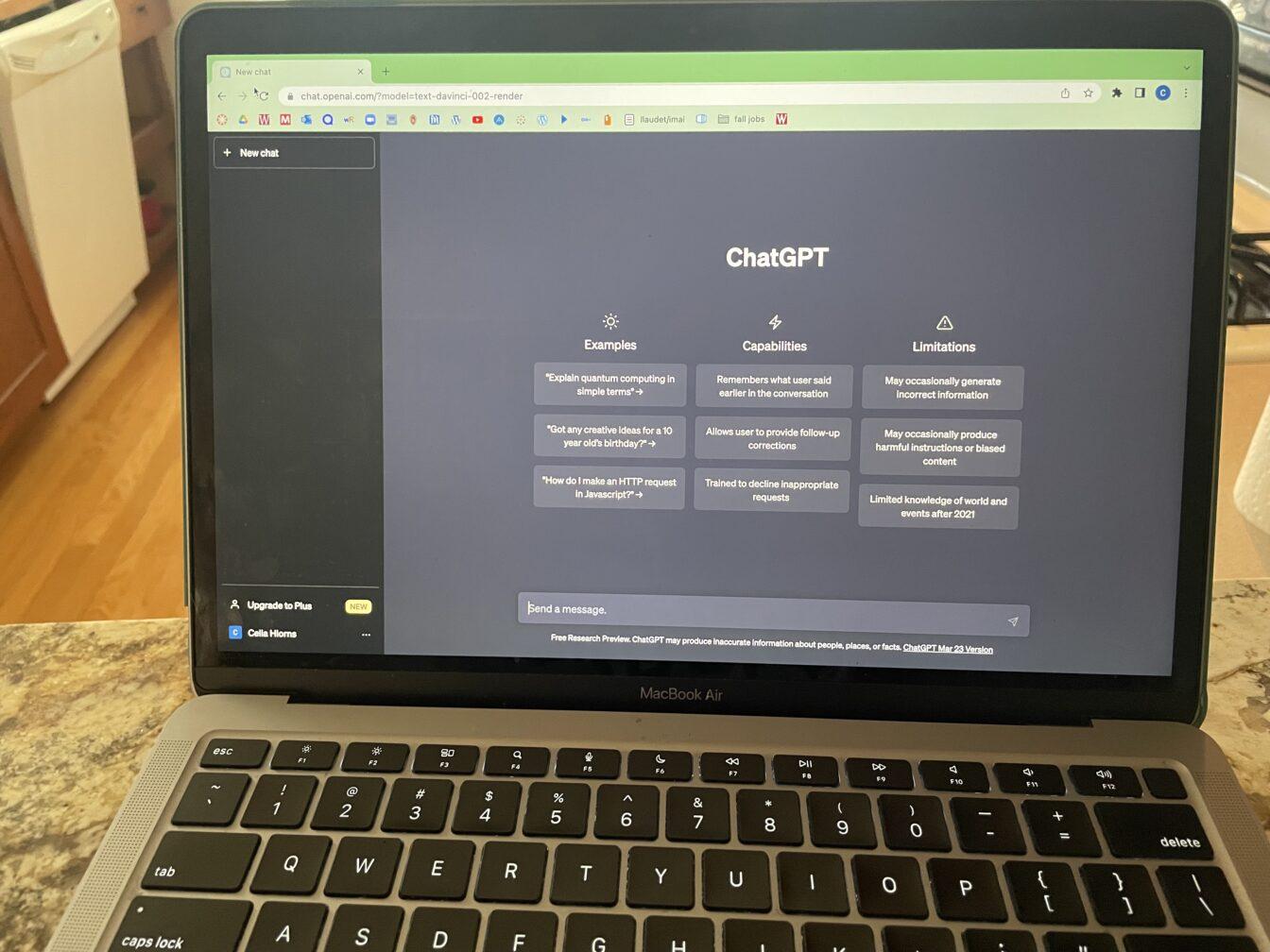The idea that hard work is rewarding is not simply a Republican ideal. Hard work is the key to success and independence. It’s a fundamental value that produced American excellence. In Gov. Scott Walker’s new welfare reform proposal, he is reminding Wisconsin citizens that money is not free, and good things come to those who work for it.
Similar to former Wisconsin Gov. Tommy Thompson’s welfare reform proposal from 1996, “Wisconsin Works for Everyone” is a series of proposals designed to empower Wisconsin citizens and boost the economy.
What makes this welfare system different? Walker and Wisconsin Republican legislators want to allow current welfare recipients a chance to get a job and return to the workforce without being penalized. This welfare reform policy serves as an incentive for welfare recipients to start working again while still receiving the same government aid. The idea is to empower Wisconsin residents so there are more people in the workforce to boost the economy and decrease government dependence.
What are the requirements for this new welfare reform package? Each month, adult welfare recipients (including adults who have children between the ages of 6 and 18) will be required to work 80 hours a month. The goal of this legislation would be to encourage welfare recipients to keep a stable job.
According to a 2015 CNN Money poll, the average American works 34.4 to 47 hours a week. Therefore, 80 hours a month is not a tough requirement for welfare recipients. This would mean welfare recipients would be required to work at least 20 hours a week. Hard work pays off. You can’t live off of other people’s tax money forever.
Again, it’s important to note the government will not be penalizing those welfare recipients who fulfill the 80 work hours a month requirement. In fact, throughout the entire process, their children will never lose their benefits. If an adult receiving government aid fails to comply with new requirements within three months, then they start losing their government benefits, but their children don’t. The majority of Wisconsin works to provide for themselves, so why shouldn’t state government push welfare recipients to improve and provide for themselves, too?
What programs apply? Food stamps, housing assistance and Medicaid. What counties does this affect? It’s a pilot program. The initiative would only be implemented in a few select counties to determine its effectiveness.
Sen. Alberta Darling, R-River Hills, has proposed the program incorporate a “sliding scale” of government assistance. The “sliding scale” would be a system where, over time, individuals who make 200 percent above the poverty line for their family will gradually receive less federal aid as they begin to earn more in wages.
Critics claim there are not suitable jobs available for welfare recipients. The truth? If you need to provide for yourself and you’re willing to work hard, you will move up in the workforce. The job you want might not be available, but are there jobs available? Absolutely. With a strong work ethic, anyone can improve their situation — that’s the power of hard work.
Walker’s policy proposal will be beneficial to everyone entering the workforce, including those recently out of prison because it provides job training. This program is constructive because welfare recipients will be able to receive full government aid while they’re enrolled in state-provided job training.
Another major highlight of “Wisconsin Works for Everyone” is the policy would expand drug testing to all welfare recipients including those receiving food stamps. This initiative is practical and helps get Wisconsin welfare recipients back on their feet by ensuring they’re not only finding work, but that they’re developing life habits that will help them succeed at their job.
Many Wisconsin employers have pointed out they have job openings, but they have a hard time finding qualified employees. What makes a qualified employee? An individual who is not drug dependent. If individuals are receiving money from the government, money they could be earning themselves, they should be held to the same standards they would be in the workforce to ensure they are prepared for their future careers.
Overall, this is a great policy initiative that will provide Wisconsin residents with work training and government assistance as they find their place in the workforce. This welfare reform program will boost the economy by creating more jobs, lowering unemployment and decreasing the number of individuals who are government-dependent. It’s time for Wisconsin to get back to work.
Emelia Rohl is a junior majoring in journalism and mass communications. She is the communications director for the UW College Republicans.




















